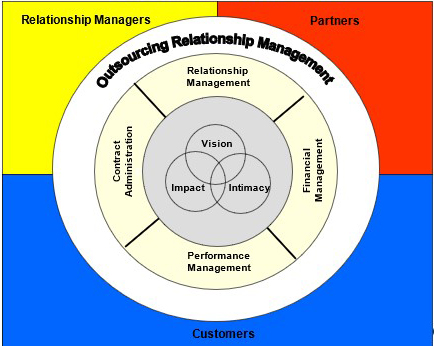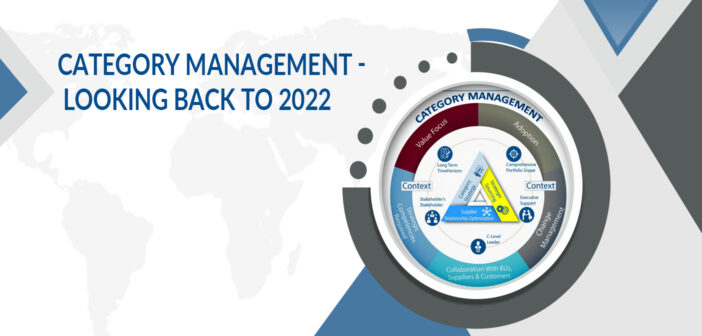I was putting together an advisory document for a CPO on some of his challenges for 2022 and in doing some research, I found some slides that I had created for a different client many years ago (I won’t tell you when yet). What I found intriguing was that if I were to create those same slide today, I’m not sure how much of it would change. I’m still trying to process that fact – is that depressing or just a recognition that many things don ‘t change and that change takes a lot longer than we all think. Let me know if you have the same reaction to some of these messages because I think they are quire relevant today.
These were put together for a CPO who was getting heavy into outsourcing and we conducted a day long workshop for his Leadership Team. We told them to be aware of the following flaws that we had documented from many outsourcing transactions:
Decision Making Flaws
- An emphasis on the “simple stuff” ignores most of the cost base.
- Non-core activities are outsourced too automatically.
- Insufficient consideration is given to full economic impact of outsourcing
- Stakeholders are not involved in the process
- Not properly sold throughout the organization
We then spent some time on some common implementation flaws:
Implementation Flaws
- A lack of appropriate attention is paid to supplier selection.
- Ongoing supplier relationships are poorly managed.
- The organization is unable to transform itself to manage new processes and relationships.
- Suppliers are not certain what they are accountable for
- Customer service takes a backseat to cost savings
And then we got into a discussion on how to make these successful and this turned out to be the most intriguing discussion of them all. These were the major themes we discussed
- Relationships between customers and suppliers are key to the success of outsourcing.
- Relationship maps and ongoing assessments will support this.
- Outsourcing account management on both sides is required.
- Successful partnerships require consistent management of the outsourcing relationships
- Successful outsourcers maintain strong and collaborative relationships with their suppliers. These relationships are supported by performance metrics and end-user satisfaction measures, such as:
- Successful outsourcing arrangements implement process and metric improvements during launch and throughout the relationship
They were quite surprised at the amount of effort it was going to take to manage these relationships. And that they did not have the competencies in their organization to manage these types of relationships. Managing outcomes is totally different than managing organizations and process.
Here is one way to think about these
We shared a very specific client case study that we had worked on to illustrate:
- Foundation established from the very first meetings – establishing a tone of being “in this together”
- Built on Trust – either party will refrain from knowingly doing harm to the other – as the core foundation principal
- Shaped alliance at outset – within 10 days of signed contract and used outside facilitator over eight weeks
- Account leaders (Bank and BPO Provider) nominated early so they can shape decisions and build rapport.
- Formed core team of 10 people from BPO Provider and the Bank, then secured support of executive leaders at both Firms
- Committed team to unified set of objectives – 60% joint, 20% specific to each company
I’ve ended up using many of these points because they still resonate and are relevant – at least I think so. Will be happy to let you know how this discussion goes but my guess is that it will still be useful 😊???


